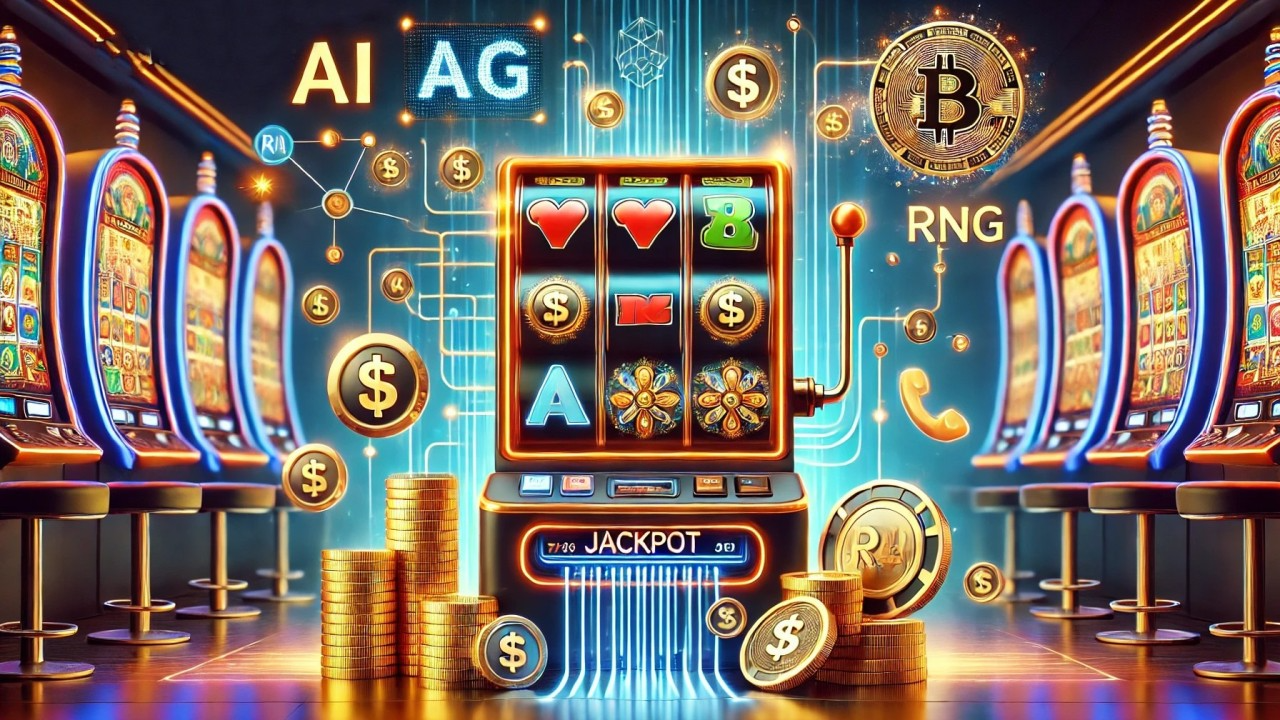In recent years, the landscape of gambling and gaming has undergone a significant transformation, particularly with the emergence of online togel sydney lotto. This digital revolution has not only changed how players participate in lottery games but has also broadened access to these games worldwide. As more jurisdictions embrace online gaming, understanding the dynamics of online lotteries becomes essential for players and operators alike.
What is Online Lottery?
Online lottery refers to the ability to purchase lottery tickets via the internet, allowing players to enter draws without needing to visit a physical store. This service offers various lottery games, including national lotteries, state lotteries, and international lotteries, giving players a plethora of options at their fingertips. Players can access these games through dedicated lottery websites or mobile applications, making it easier than ever to try their luck.
Benefits of Online Lottery
- Convenience: The primary advantage of online lottery is convenience. Players can purchase tickets from the comfort of their homes, avoiding the hassle of long queues or store hours. This convenience is particularly beneficial for individuals with busy lifestyles or those living in remote areas.
- Accessibility: Online lotteries break geographical barriers, allowing players from different countries to participate in international lottery games. This accessibility opens the door for larger jackpots and a more diverse player base.
- Multiple Payment Options: Online lottery platforms typically offer various payment methods, including credit/debit cards, e-wallets, and bank transfers, catering to the preferences of different players. This flexibility enhances the overall experience, making transactions smoother and faster.
- Instant Notifications: Players can receive instant notifications about draw results, jackpot sizes, and promotional offers. This real-time communication keeps players engaged and informed, enhancing their overall experience.
- Enhanced Security: Reputable online lottery sites use advanced encryption and security measures to protect player data and transactions. This added layer of security provides peace of mind, allowing players to focus on the game.
The Evolution of Online Lottery
The online lottery phenomenon began in the late 1990s, with the first online lottery ticket sold in 1994. Initially, online lottery platforms faced skepticism from regulators and traditionalists who believed that gambling should remain a physical activity. However, as technology advanced and consumer demand grew, many jurisdictions began to adapt their regulations to accommodate online gaming.
By the early 2000s, several states in the U.S. had launched online lottery services, while countries like the United Kingdom and Australia established regulated online lottery markets. Today, numerous states and countries have embraced online lotteries, with many more considering the move to capture the growing market.
Challenges and Concerns
Despite the numerous benefits, the rise of online lotteries is not without its challenges. Regulatory concerns remain a significant hurdle, as different jurisdictions have varying laws regarding online gambling. Ensuring fair play and preventing underage gambling are also critical issues that operators must address.
Additionally, the convenience of online lotteries may lead to problems related to responsible gaming. Players must be aware of their gambling habits and set limits to avoid potential addiction. Many online lottery platforms are implementing tools to promote responsible gaming, including self-exclusion options and deposit limits.
Future of Online Lottery
The future of online lotteries looks promising, with continued technological advancements paving the way for new and innovative gaming experiences. Integration with mobile apps, gamification elements, and personalized marketing strategies are set to enhance player engagement further.
Moreover, as cryptocurrencies gain popularity, some online lottery platforms are exploring the possibility of accepting digital currencies for ticket purchases, potentially attracting a new demographic of tech-savvy players.

